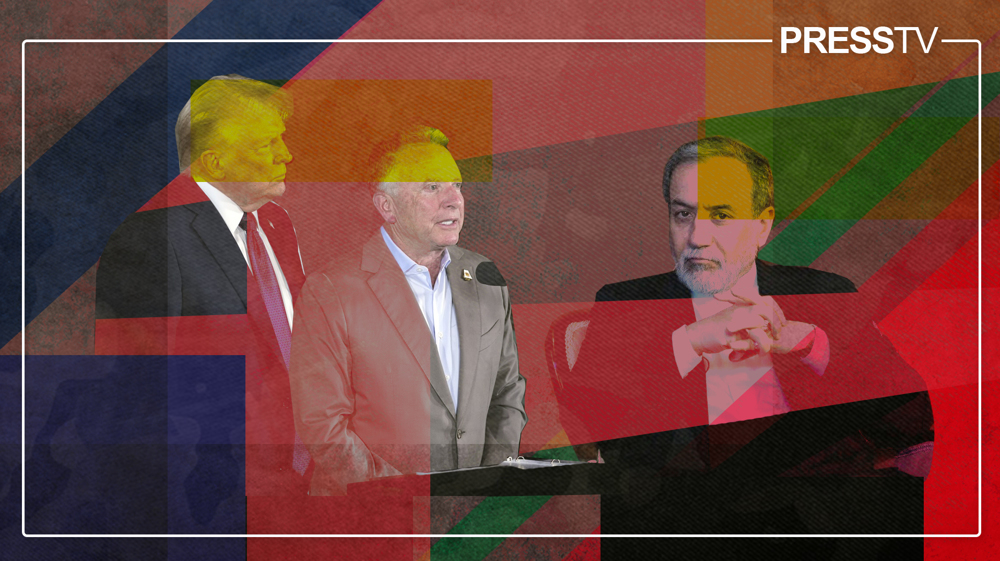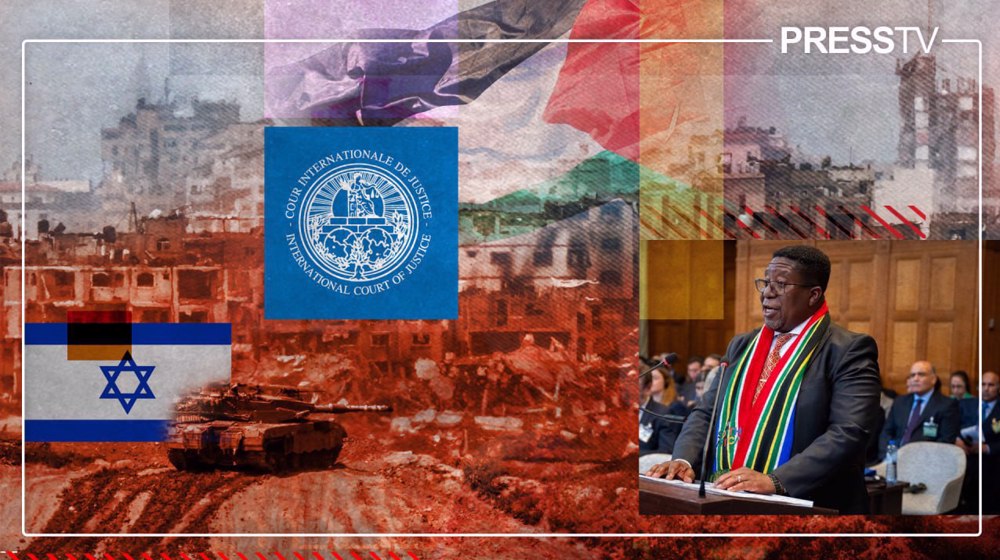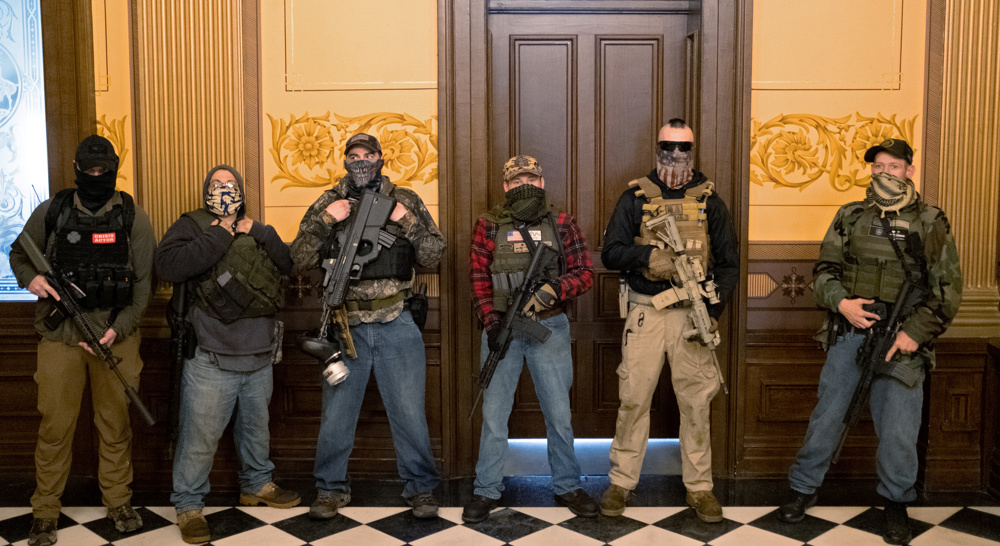The News Explained
The News Explained is a brief look back at the most consequential news from last week with a view to putting them in context. Published every Monday, The News Explained retells each of the selected stories, adds a little perspective, and gives directions as to where things may be headed.
The world continues to grapple with the coronavirus pandemic. People now daily consume the news of new cases and deaths. There is almost none of the reports of protests, heated elections, and familiar political rivalries that once dominated headlines around the word, although other plagues with originally political roots — wars, militant attacks, and refugee ordeals — continue, only worsened by the pandemic. The week ending May 3, 2020 was only narrowly an exception.
[1]
Europe snubs US (sort of)
Europe going against the United States on major policy matters is not a daily occurrence. Since 1917, when the United States entered World War I, the Europeans have felt so beholden to America as to become almost blindingly submissive. That tangibly changed in 2018, when the US President Donald Trump administration unilaterally withdrew America from the Iran nuclear deal. The agreement was so meticulously devised and so intricately woven into international law that the US pullout not only did not prompt European copycat behavior but actually drove an unprecedented wedge across the Atlantic. European powers party to the deal and long considered the natural allies of the United States began to openly question the Trump administration’s logic in unilaterally withdrawing from a deal that was working and its interference in European business with Iran, even if they failed to adequately uphold their end of the bargain.
Of course, Europe did not suddenly stop acting according to America’s will on the global stage, but the Iran deal carried such political weight that the Europeans felt they would essentially be forgoing their sovereignty if they silently watched the United States intercepting their legitimate business with Iran. And that marked a shift in a century of international politics.
The latest example of a European snub came on Thursday, April 30, 2020, more than two years after the United States left the deal.
According to reports, despite its withdrawal, America was planning to use a mechanism within the deal to re-impose an arms embargo on Iran that is due to expire in October 2020 under the agreement. US Secretary of State Mike Pompeo, who was himself a main force behind America’s withdrawal, was seeking to make a “legal argument” that the US was still a party to the deal and then, through the mechanism in the deal commonly known as the “snapback” mechanism, have the arms embargo “snap back” into place. Mr. Pompeo was hoping that by invoking the deal itself, the United States could avoid having to take the matter to the United Nations Security Council, where Russia and China would almost certainly veto any US resolution to extend the embargo on Iran.
The Europeans were blunt: the United States is no more a party to the Iran deal.
That leaves the United States with the Security Council option, where it also has almost zero chance of getting the embargo extended. Speaking of the Security Council, the Iran deal has already been enshrined in a resolution of its own: Resolution 2231 (2015).
[2]
Sick society
There was a time when US officials were watching the coronavirus epidemic in Iran and using the health crisis to stage political attacks on the country. Then the epidemic hit America, and it hit America the hardest compared to any country in the world.
Due in large part to the inadequate response of the US officials, the United States now has roughly a third of the world’s known infections, and a death toll of 68,600 — also the highest in the world.
And while the American society is reeling from an insufficient government response, there are people in America who are opposed even to the belated measures that have been taken. And some of them seek to make it clear that they are ready — at least in theory — to go to any length to have the stay-at-home orders lifted.On Thursday, April 30, 2020, hundreds of protesters — some of them armed with assault rifles, extra magazines, and handguns in holsters — gathered at the Capitol in Lansing, Michigan, protesting.
Are the armed protesters ready to actually use their guns if their calls are not heeded? When the epidemic began in America, people started panic-buying weaponry, of all things! What can one make of that rush to buy weapons and the public displays of armed rage? Does the American society, already plagued by the pandemic, have the potential to explode? Something to think about.
Stay thoughtful, and have a great week!

Iran-US talks: Trump, sanctions and the mirage of a durable nuclear deal

Cases of Esfandiari and Hazamy: France’s quiet war on Muslim, Iranian, pro-Gaza voices

South Africa has no choice but to support resistance against Israel's genocide in Gaza
VIDEO | Press TV's news headlines
VIDEO | Russia to begin gas supplies to Iran via Azerbaijan, boosting energy ties
VIDEO | Protesters in Damascus slam Arab silence on Gaza
VIDEO | S African protestors decry America’s ongoing support for global aggression
VIDEO | Spokesperson: EU committed to diplomatic solution with Iran
Iran, Oman discuss arrangements for third round of indirect Tehran-Washington talks
Iran offers mediation as India-Pakistan tensions escalate
VIDEO | Massive rally in Yemen continues support for Palestine despite US aggression









 This makes it easy to access the Press TV website
This makes it easy to access the Press TV website